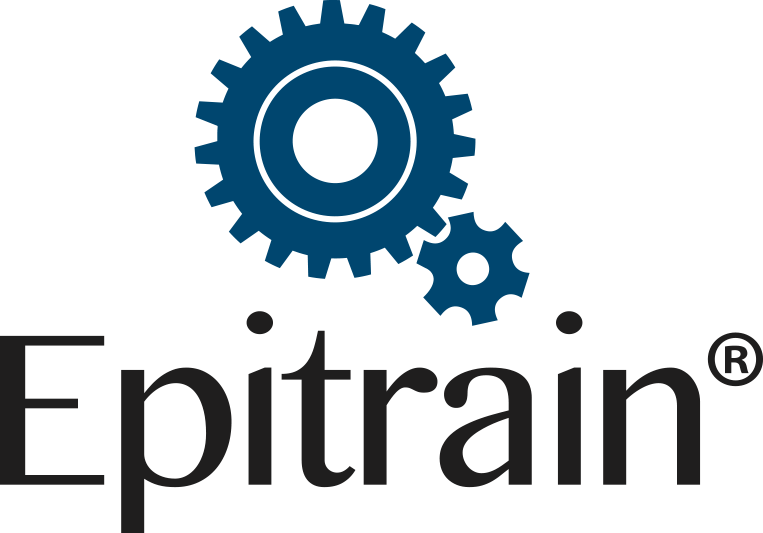Finance for Non-Finance Professionals
This course will equip Learners with the essential competencies required to successfully manage a business unit.
The concepts introduced in the course will enable them to make basic financial calculations, identify opportunities and recognise threats in dynamic business environments.
Learners will play our proprietary board game END·GAME where they take on the role of business owners to practice making effective business decisions.
Recognise the significance of financial reporting and financial statements
- Identify the different types of revenue and cost structures
- Forecast upcoming trends
- Conduct break-even analysis
- Formulate an intelligent budget
- Make effective business decisions
The concepts introduced in the course will enable them to make basic financial calculations, identify opportunities and recognise threats in dynamic business environments.
Learners will play our proprietary board game END·GAME where they take on the role of business owners to practice making effective business decisions.
Recognise the significance of financial reporting and financial statements
- Identify the different types of revenue and cost structures
- Forecast upcoming trends
- Conduct break-even analysis
- Formulate an intelligent budget
- Make effective business decisions
